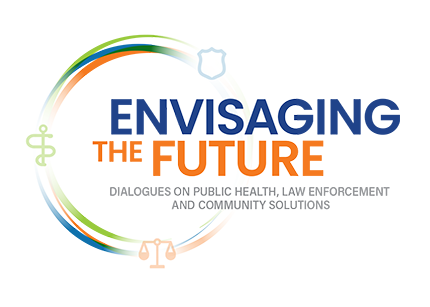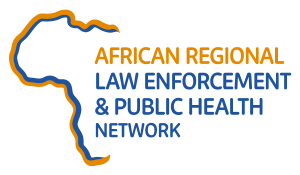
2025 GLEPHA Student Awards
Each conference, the Board of GLEPHA, via the Special Interest Group on Education recognises the future of LEPH through the GLEPHA Student Awards.
The GLEPHA Student Awards celebrate the next generation of leaders in law enforcement and public health research and scholarship. These awards recognize outstanding emerging research, innovation, and commitment to tackling complex social challenges through interdisciplinary collaboration. By honouring emerging scholars and practitioners, we highlight the vital role of fresh perspectives in shaping safer, healthier communities worldwide.
Submission process
Submission deadline: June 15th 2025
To Dr Isabelle Bartkowiak-Théron (isabelle.bartkowiaktheron@utas.edu.au)
Please provide the following subject heading to your email: 2025 LEPH Student award
Any email that does not have this specific heading will not be considered for assessment. Indicate in your email the category for which you are applying.
Assessment criteria
Award nominees’ works are judged by 3 members of the SIG Education on clarity and structure; use of empirical and theoretical literature; coherence of argument; and writing.
Referee
Applications must be supported by an academic referee (for example: the student’s supervisor), who shall write no more than 100 words in support of the application.
Award
Award winners will
- receive a Certificate of Recognition
- be acknowledged verbally at LEPH2025 – The 7th International Conference on Law Enforcement & Public Health (13–16 Jul 2025 | Ottawa, Canada)
- receive a complimentary one-day pass to APLEPH2025 – The Australasian and the Pacific Conference on Law Enforcement and Public Health (30 Nov–3 Dec 2025 | Sydney, Australia) or any other upcoming conference in the next two years following the award. Should the student attend the conference in person, the certificate will be handed out the certificate in person. The student may subsequently be invited to draft a more formal briefing paper for publication on the GLEPHA website.
CATEGORY A – Undergraduate Student Paper Award
The Undergraduate Student Paper Award is awarded each year to one student for the best paper on any topic related to the broad field of Law Enforcement and Public Health (the paper has clear implications for advancing the field of LEPH – e.g. theory, methods, practical innovation, translational work).
Papers submitted for the Student Paper Award are to be written by the applicant as sole author. The student was an undergraduate student at the time the paper was written. Papers must be under 3,000 words (excluding references), and applicants may only submit one Student Paper Award application in any given year.
Note: this award acknowledges coursework students who usually write shorter pieces, and do not publish their work in academic journals. For example, many practitioners undertake honours or graduate degrees with 3000/3500 research briefs which then never go beyond the University systems.
Papers must have been submitted for examination between 1 January and 31 December of the previous year and as part of an undergraduate coursework program (for example: a third year Bachelors’ degree paper, or a paper submitted as part of an Honours degree).
CATEGORY B – PhD Student Paper Award
The PhD Student Paper Award is given each year to one student for the best sole or lead authored paper (published) in the broad LEPH field (the paper has clear implications for advancing the field of LEPH – e.g. theory, methods, practical innovation, translational work). The student must be currently enrolled in a PhD program (either full-time or part-time). Multi-authored papers must include a statement of the student’s contribution to the work.
Previous winners of this Award are eligible to apply in subsequent years, but still need to be enrolled.
Papers must be no longer than 8,000 words (excluding references) and can be theoretical, methodological or empirical.
CATEGORY C – Best Honours or Masters Thesis in LEPH Award
The Best Honours or Masters Thesis Award is awarded each year to one Honours/Masters student.
To be eligible for nomination of this Award, the student must:
- be enrolled in a program related to the broad field of LEPH, and the work has clear implications for advancing the field of LEPH (e.g. theory, methods, practical innovation, translational work), leading to the award of a degree of Bachelor with Honours or a Masters Degree (with a thesis component);
- achieve the highest mark for the thesis within that program; and
- have their results ratified by the appropriate higher education Board of Examiners.
- Theses must have been submitted for examination between 1 January and 31 December of the previous year.






